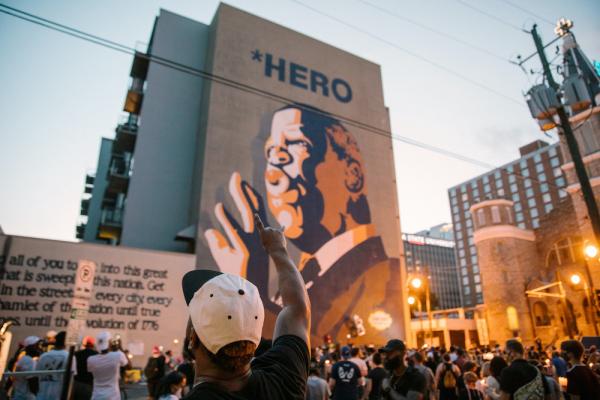Aug 5, 2020
For many today, the Black freedom struggle has become a myth. Our ancestors are memorialized in their death while crucified in their life. For many, it has become a symbol of progress: a symbol of the progress of America, particularly white America, to finally “get it.” It is a powerful myth.
Read the Full Article

Already a subscriber? Login
